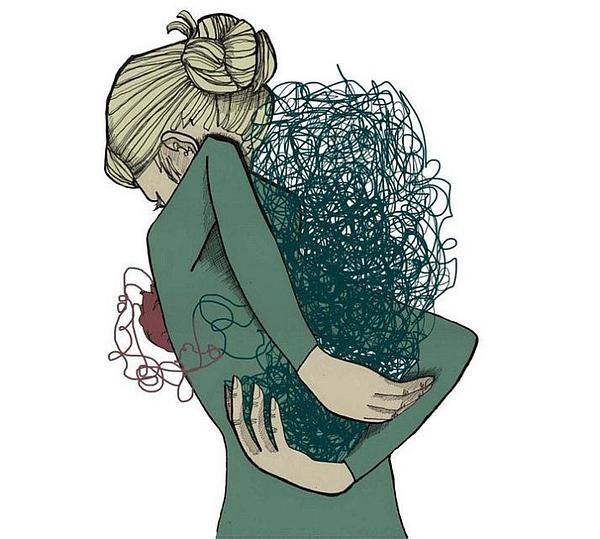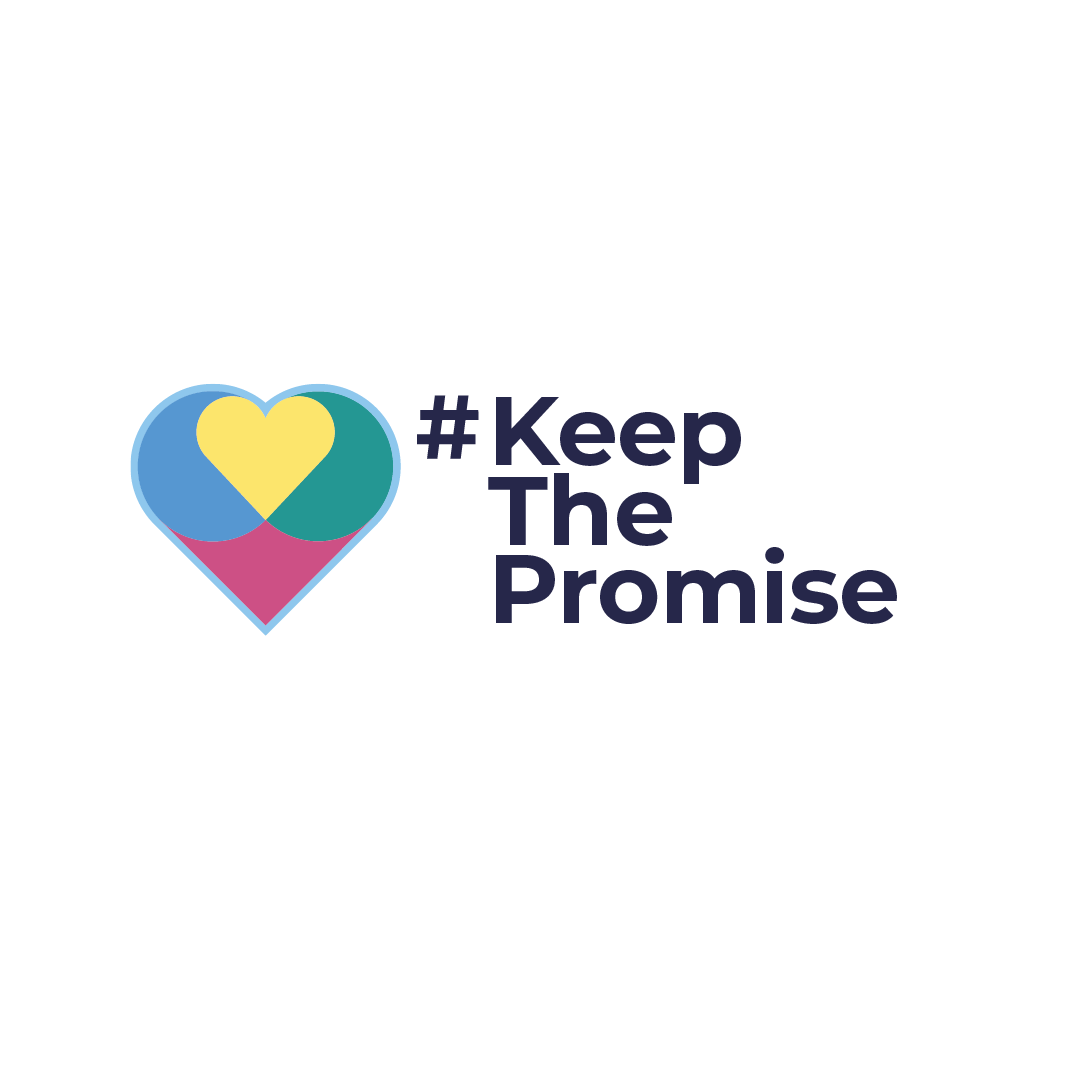Resilience – Our buoyancy aid
19 Apr 2021 By Jo Harknett, Family Mediator

I bet you’re more resilient than you think you are!
So many factors (both internal and external) are inextricably linked to our resilience that we all have some, which keeps us afloat, most of the time. Resilience maintains our optimism in the face of difficulties. If, however, you regularly feel that you’re sinking under the many stresses and hurdles of daily life, try not to panic. The best news about resilience is that it can be improved and strengthened.
Perhaps we should be clear what resilience is and what it’s not.
Resilience is not being stoical in the face of adversity; it’s not ‘soldiering on’ no matter what. To be resilient doesn’t mean that setbacks don’t get us down. They do.
Resilience is a skill which helps us recover quickly from life’s problems and adapt to them; literally, ‘the power to spring back into shape’. It’s an emotional buoyancy aid; a resource that helps us manage, recover and even thrive through stressful events rather than drown beneath them. Events such as relationship conflict. Or a global pandemic.
As a mediator in Cyrenian’s Mediation and Support team I work alongside young people and their families who are experiencing conflict. Our team helps to improve resilience by strengthening family relationships; we help everyone to have difficult conversations without conflict, talking to each other openly and honestly and listening to each other in new ways. We also support families to mitigate things which might get in the way of that, such as mental health difficulties or financial worries.
Over the past year I have met many resilient young people who have not only coped with a restricted and abnormal life in lockdown but also transformed a conflicted family life with our help. For example L (15) who had withdrawn and built up barriers against his Mum’s frequent, negative emotional expression until they weren’t talking at all for months. Through conversations Mum reflected on how she expressed herself to L and he let down his defences enough to allow Mum a chance to rebuild trust and connection. L was surprised but grateful that, ‘Mum’s got my back’.
Both internal and external resources can improve our resilience and it’s helpful to assess them regularly and strengthen them where we can.
Internal resources include:
- Building our self-esteem by making positive statements about ourselves.
- Having a list of activities to turn a low mood around.
- Setting ourselves achievable goals.
- Having a purpose.
External resources include:
- Enhancing our relationships with people to build emotional strength.
- Seeking support, from friends and others, to provide anchors in times of stress.
I hope you can reflect on how resilient you are today. We all need our buoyancy aid just now.





